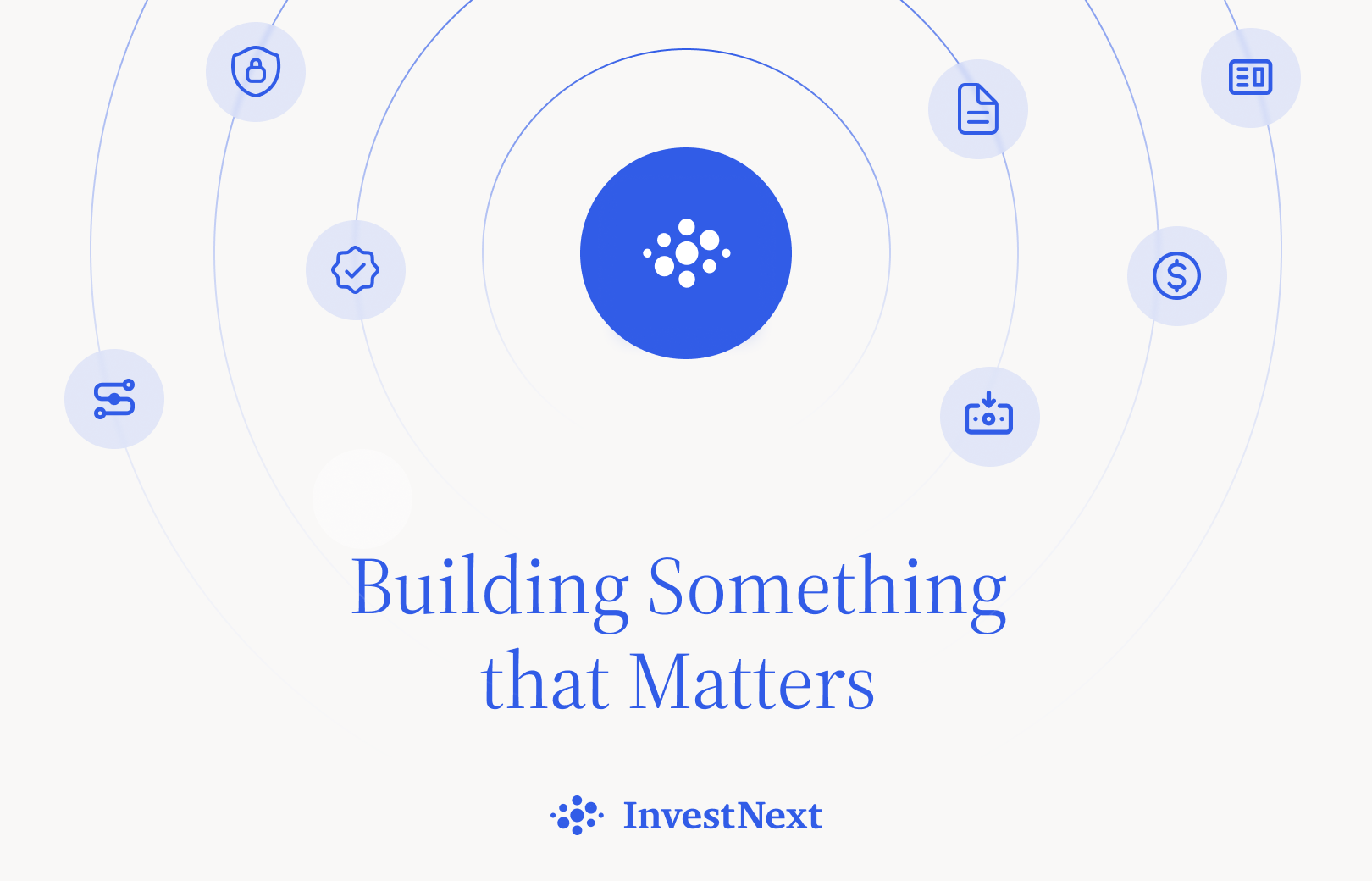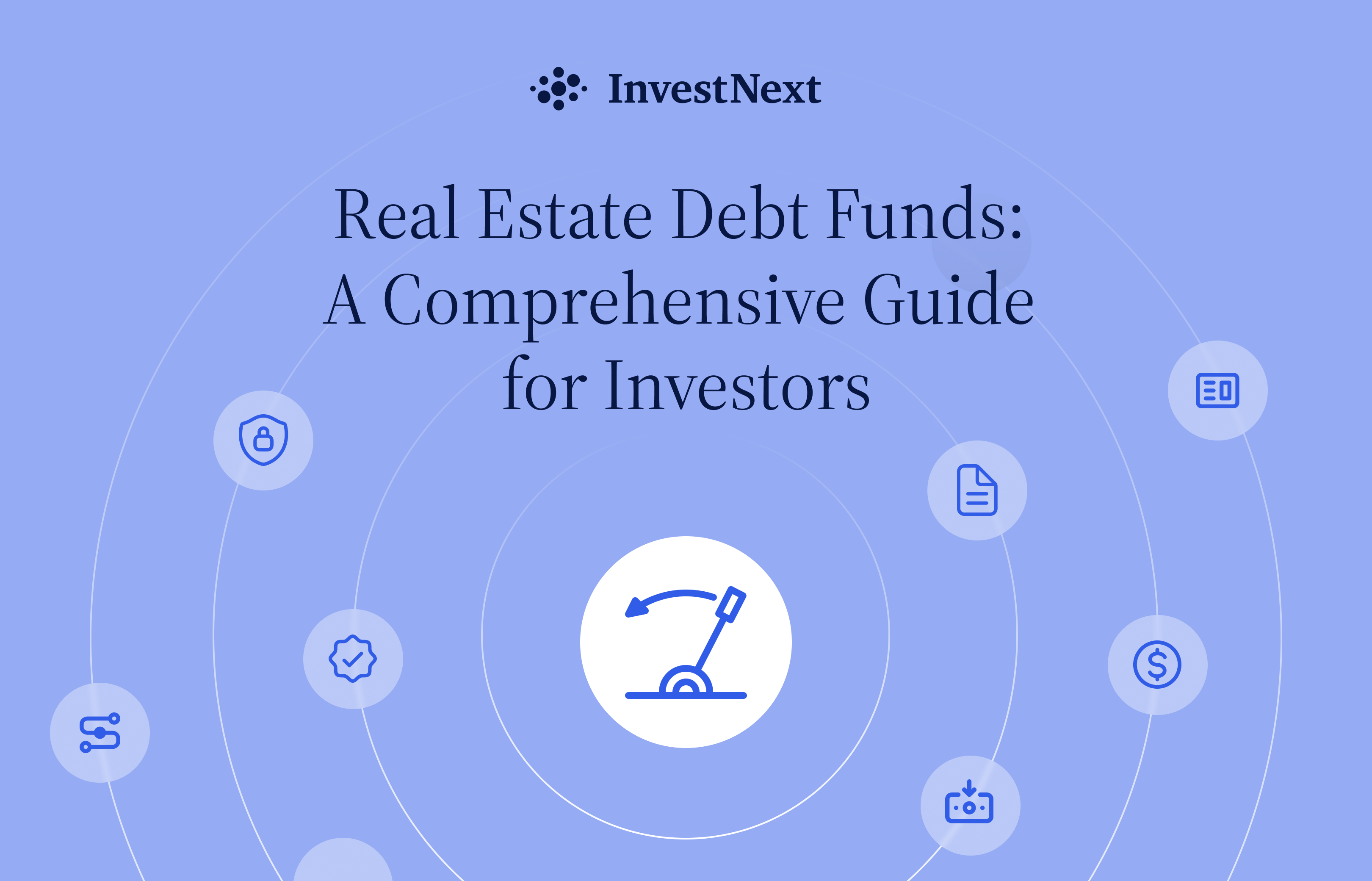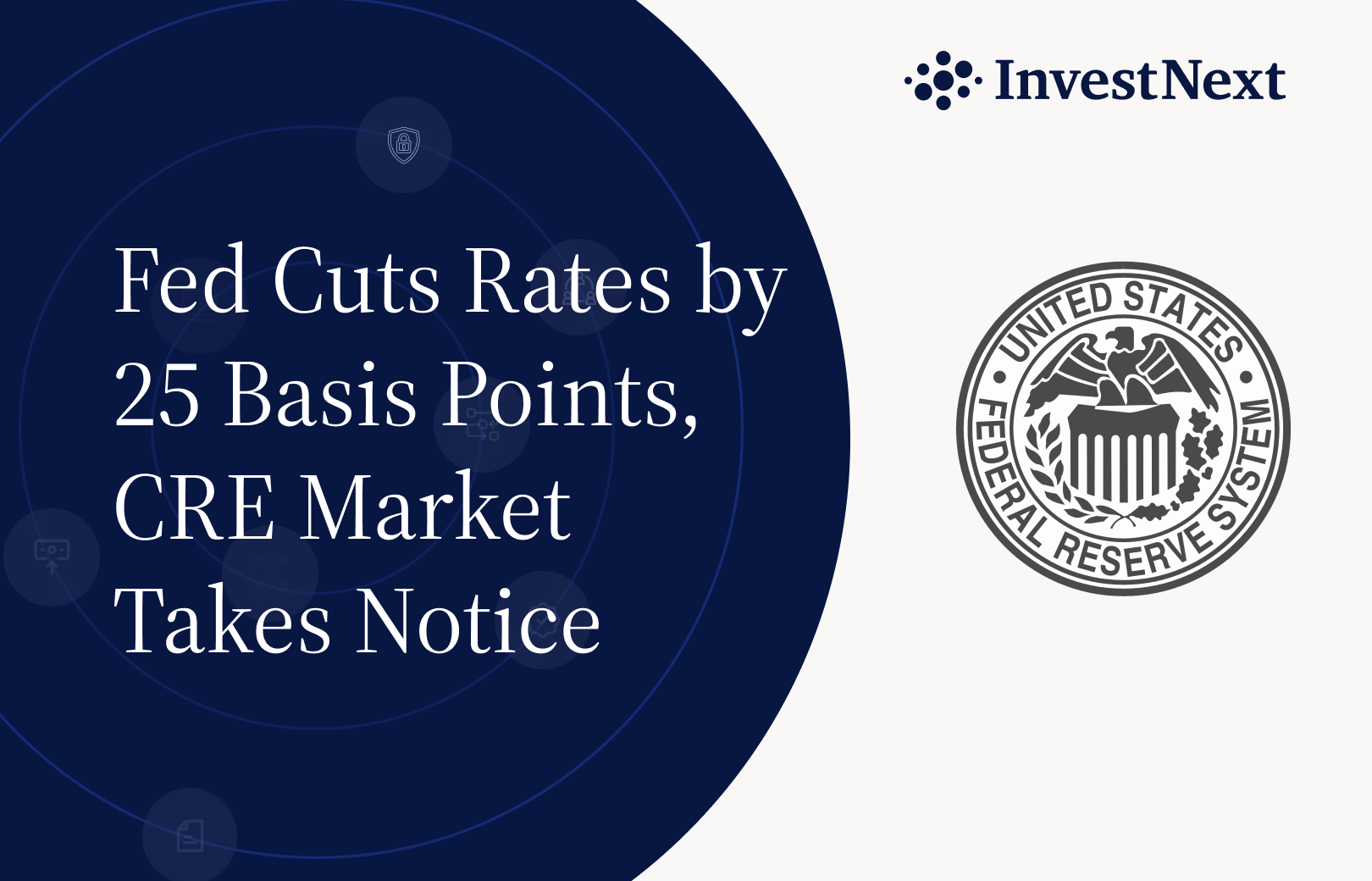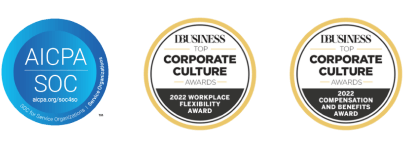The realm of investment is vast and varied, yet one sector that consistently draws attention is commercial real estate. This segment, a powerhouse in the investment landscape, refers to properties used primarily for business purposes. These include office buildings, shopping centers, warehouses, and apartment buildings with five or more units. The allure of commercial real estate lies in its dual promise of steady income streams and potential capital appreciation.
Balancing Benefits and Challenges
Investing in commercial properties offers a suite of compelling advantages:
- Diversification: Adding commercial real estate to an investment portfolio can reduce volatility and balance risk.
- Income Potential: These properties typically offer higher rental yields compared to residential real estate.
- Inflation Hedge: Commercial leases often include rent escalations, providing a hedge against inflation.
However, it’s not without its challenges:
- Capital Intensive: The initial investment is usually higher than residential real estate.
- Market Sensitivity: Commercial properties can be more sensitive to economic shifts.
- Management Complexity: These investments demand more expertise in property management and tenant relations.
Understanding these dynamics is crucial for investors, be they individual entrepreneurs or investment firms, to navigate the commercial real estate market effectively. By striking the right balance, they can unlock the potential of what is often regarded as the most profitable commercial real estate sector.
In the following sections, we’ll delve deeper into the types of commercial real estate, factors influencing profitability, and strategies to maximize returns on these investments.
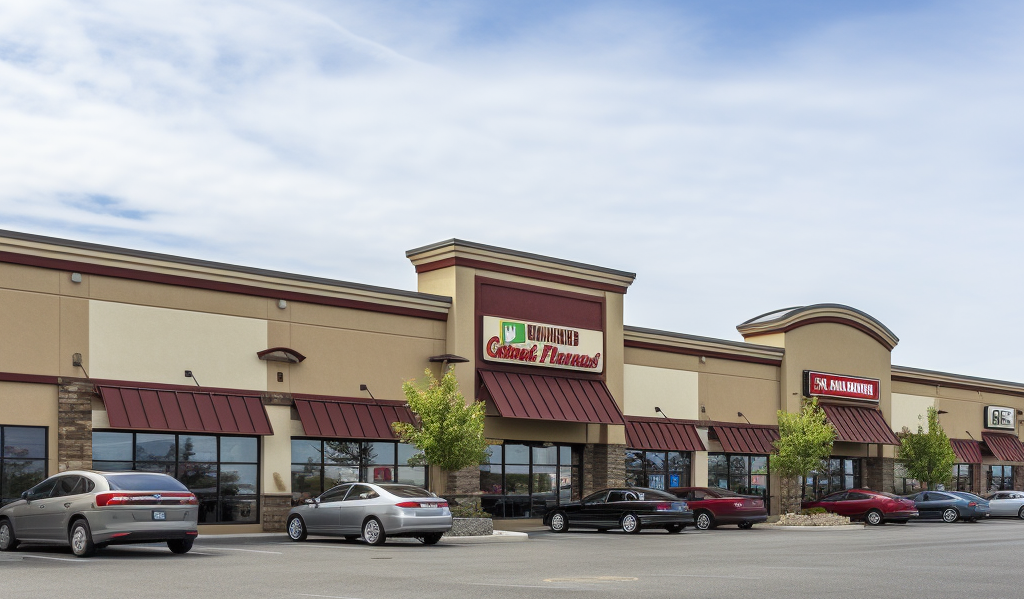
Which type of real estate business is most profitable
Commercial real estate is a broad category encompassing various property types, each with unique characteristics and investment considerations. Understanding these distinctions is crucial for investors aiming to identify the most profitable commercial real estate opportunities.
Office Spaces
- Characteristics: Ranging from small offices to large skyscrapers, these properties are leased to businesses.
- Investment Considerations: Location, quality of the building, and the creditworthiness of tenants are key factors. Demand is often influenced by economic conditions and trends in the job market.
Retail Properties
- Characteristics: This category includes shopping centers, strip malls, and standalone shops.
- Investment Considerations: Retail real estate success hinges on location, tenant mix, and consumer trends. The rise of e-commerce has reshaped the viability of many retail locations.
Industrial Spaces
- Characteristics: Warehouses, distribution centers, and manufacturing facilities fall into this category.
- Investment Considerations: Industrial real estate is often valued for its lower maintenance costs and longer lease terms. Key factors include accessibility to transportation networks and the evolving needs of the logistics sector.
Multifamily Properties
- Characteristics: This type encompasses apartment complexes and high-rise residential buildings with rental units.
- Investment Considerations: Factors like location, amenities, and unit mix are crucial. Multifamily properties often provide a more stable income stream, as housing demand is generally consistent.
Each of these property types offers distinct avenues for investment, with varying degrees of risk and return. While some investors may seek the stability of office and multifamily properties, others might find the dynamic nature of retail or industrial spaces more aligned with their investment strategy.
Factors Influencing Profitability in Commercial Real Estate
The profitability of commercial real estate investments is not a matter of chance but the result of a complex interplay of several factors. Understanding these elements is key for investors to make informed decisions and identify what is the most profitable commercial real estate opportunity for their portfolio.
Market Trends and Economic Conditions
- Influence on Demand: Economic growth, employment rates, and business expansions directly impact the demand for commercial spaces.
- Rental Rates and Occupancy Levels: Market conditions dictate rental rates and occupancy, which are critical for income generation.
Location, Location, Location
- Proximity to Key Amenities: Access to transportation, business hubs, and other amenities enhances property appeal.
- Neighborhood Dynamics: The economic health and growth potential of the surrounding area can significantly influence property value.
Property Condition and Age
- Maintenance and Upgrades: Older properties may require more maintenance and upgrades, impacting profitability.
- Modern Features and Sustainability: Properties with modern amenities and eco-friendly features often attract higher-quality tenants and command premium rents.
Tenant Quality and Lease Terms
- Creditworthiness of Tenants: High-quality tenants reduce the risk of rent defaults and vacancies.
- Lease Structure: Longer leases with built-in rent escalations can provide stable and growing income.
By carefully evaluating these factors, investors can gauge the potential returns and risks associated with different commercial real estate properties.
What commercial property has the highest ROI
In the quest to determine what is the most profitable commercial real estate, a critical factor is the comparison of Return on Investment (ROI) across different property types. This analysis not only reveals historical performance but also provides insights into potential future returns.
Analyzing Historical Data and Case Studies
- Office Properties: Historically, prime office spaces in central business districts have offered high ROI, thanks to their premium rental rates and stable demand. However, shifts in work culture, such as the rise of remote working, could impact future prospects.
- Retail Spaces: The ROI for retail properties has been variable, highly dependent on location and consumer trends. While some high-traffic locations continue to thrive, others have seen diminishing returns due to the growth of online shopping.
- Industrial Real Estate: With the surge in e-commerce and logistics, industrial properties like warehouses have seen a significant increase in demand, often translating into higher ROIs.
- Multifamily Buildings: These properties typically offer a consistent and stable ROI, driven by the perennial demand for housing, especially in urban and suburban areas.
Risk-Adjusted Returns and Long-Term Growth Potential
- Balancing Risk and Reward: While some property types may offer higher potential returns, they often come with increased risk. For instance, retail spaces might offer high ROI but are more susceptible to economic downturns.
- Growth Prospects: Properties with strong long-term growth prospects, like industrial spaces in key logistics hubs, may provide a more sustainable ROI.
Understanding these nuances is vital for real estate investors. It’s not just about the highest numerical ROI, but also about how these returns align with investment strategies and risk tolerance.

Emerging Trends in Commercial Real Estate
In the realm of commercial real estate, staying informed about emerging trends is crucial for investors seeking to understand what is the most profitable commercial real estate in a changing landscape. These trends not only signal new opportunities but also indicate shifts in existing investment strategies.
Technological Advancements Reshaping the Market
- Smart Building Technologies: Adoption of IoT and smart building solutions in commercial properties enhances efficiency and attracts tech-savvy tenants.
- Proptech Innovations: Technologies like AI, VR for virtual tours, and blockchain in transaction processes are revolutionizing property management and sales.
Sustainability and Green Building Practices
- Eco-friendly Developments: There’s growing demand for sustainable buildings, driven by environmental concerns and potential cost savings.
- Green Certifications: Properties with green certifications like LEED can command higher rents and attract quality tenants.
Changing Consumer Behavior and Its Impact
- E-Commerce Influence on Retail and Industrial Properties: The shift to online shopping is reducing demand for traditional retail spaces but increasing it for warehouses and distribution centers.
- Remote Work and Office Space Evolution: The rise of remote work is leading to a reevaluation of office space needs, with a trend towards flexible and shared workspaces.
Risk Mitigation Strategies in Commercial Real Estate
In commercial real estate, where high returns can often come with high risks, implementing effective risk mitigation strategies is crucial. This approach is essential for investors to safeguard their investments and ensure steady profitability in what is the most profitable commercial real estate sector for their portfolio.
Due Diligence: The Foundation of Risk Management
- Comprehensive Market Analysis: Before investing, conduct thorough research on market trends, economic forecasts, and local demographics.
- Property Evaluation: Assess the physical condition, legal compliances, and potential for future value appreciation of the property.
Diversification: Spreading Investment Risks
- Portfolio Variety: Diversify investments across different types of commercial properties and geographical locations to balance risks.
- Tenant Mix Diversification: In multi-tenant properties, ensure a healthy mix of tenants from various industries to reduce dependency on a single sector.
Staying Informed and Agile
- Market Dynamics: Keep abreast of changes in the real estate market, economic shifts, and regulatory changes.
- Adaptability: Be prepared to adapt investment strategies in response to market changes, such as shifts in consumer behavior or technological advancements.
Financial Prudence and Leverage Management
- Sensible Financing: Employ prudent financial strategies, avoiding over-leverage, and maintaining adequate cash reserves.
- Interest Rate Risks: Consider the impact of fluctuating interest rates on investment returns and mortgage costs.
By employing these strategies, investors can better navigate the complexities and risks of the commercial real estate market.

InvestNext’s Role in Maximizing Returns in Commercial Real Estate
In the dynamic world of commercial real estate, where identifying what is the most profitable commercial real estate is key, InvestNext emerges as a pivotal player. Its investment management platform stands out as a tool for investors to optimize their strategies and maximize returns.
Investment Analysis and Management Made Efficient
- Data-Driven Insights: InvestNext’s platform offers comprehensive analytics and market data, enabling investors to make informed decisions.
- Portfolio Management Tools: The platform provides robust tools for tracking investment performance, managing assets, and optimizing portfolio allocations.
Client Success Stories: Real Impact, Real Returns
- Enhanced Decision Making: Numerous clients have leveraged InvestNext’s insights to identify high-potential investment opportunities, leading to significant ROI improvements.
- Streamlined Operations: Testimonials highlight how the platform’s intuitive interface and automated processes have streamlined investment management, saving time and reducing errors.
Expert Support and Community Engagement
- Professional Guidance: InvestNext’s team of experts offers personalized advice, helping clients navigate complex market dynamics.
- Investor Community: The platform fosters a community of investors, facilitating knowledge sharing and collaboration, which can lead to more strategic investment choices.
In conclusion, InvestNext stands not just as a tool but as a partner in the journey of commercial real estate investment. Its blend of technological sophistication and expert insights empowers investors to confidently pursue the most profitable opportunities.

